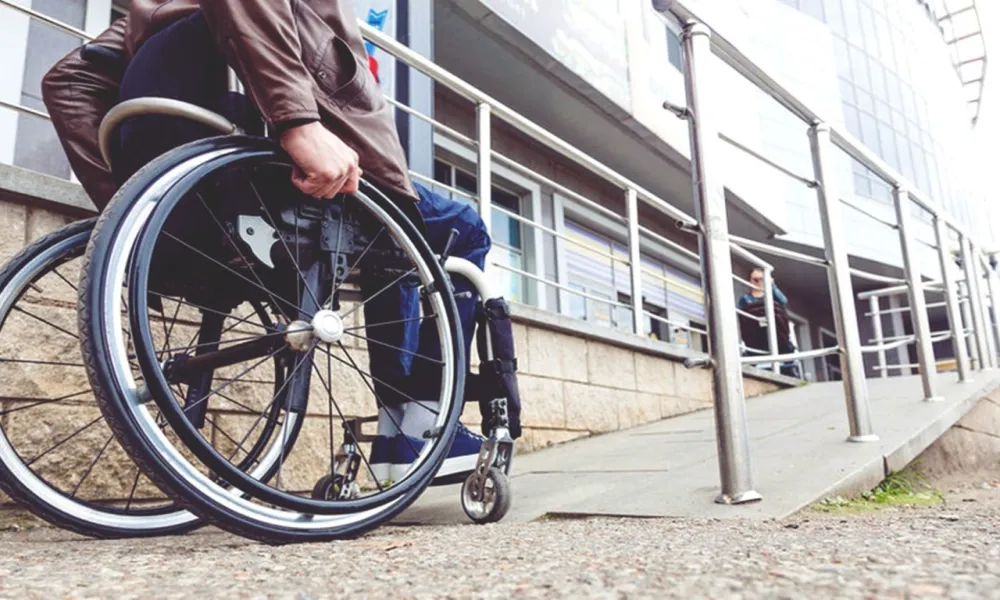Despite official declarations supporting inclusive education and equal opportunities, children with disabilities continue to face significant barriers in practice. Evidence presented yesterday before the Parliamentary Education Committeeshows that students with both visible and invisible disabilities are often effectively barred from attending private schools.
Many private schools refuse admission outright, or, if they do accept students, fail to provide necessary support or allow parents to cover the cost of a personal assistant. Such practices raise serious concerns about discrimination and exclusion from the educational environment. While the Ministry of Education cites existing legislative limits on funding for assistants in private schools, advocacy groups and families call for immediate institutional intervention, stressing that support must accompany the child, rather than being tied to the school system itself.
The session highlighted the urgent need for effective oversight, clear regulatory frameworks, and enforceable rules to ensure that no child is denied the right to learn due to a disability.
'They don’t accept us'
During the session, parents provided first-hand testimonies showing that discrimination is not theoretical but real and ongoing. One father of a child with Down syndrome recounted how a private kindergarten refused to enrol his child “because of the syndrome”, citing internal regulations and the school’s discretion in selecting students.
Other parents and organisations, including KYSOA and OSAK, reported that some private schools avoid children requiring personalised support. “There are schools that essentially require a low level of disability to accept a child,” sources said. In some cases, schools have even informally imposed ‘functionality thresholds’, selecting only students who would not “burden” their resources.
According to testimonies, some schools neither provide an assistant nor allow parents to pay for one themselves. As a result, children are excluded from school despite their rights and their families’ willingness to ensure attendance. Advocacy groups described these practices as violations of international conventions and questioned Cyprus’ commitment to children’s rights.
One mother attending the session explained: “When the issue of an assistant came up, I offered to pay for it myself. The school told me their internal rules do not allow assistants and refused to put it in writing. The only solution they offered was to change schools.” The Office of the Commissioner for Children confirmed that similar complaints have been raised before, particularly regarding parents who pay for assistants out of their own pocket.
Ministry of education responds
From the Ministry, Chrysalla Koukuma, a senior official in Secondary Education, stated that Special Education committees can certify a student in a private school needs an assistant, but “there is no provision for financial coverage,” unlike in public schools. Private schools are obliged to provide only cost-free accommodations, she explained.
Regarding internal regulations, Michalis Michail from the Ministry of Labour and Social Insurance clarified that no official written regulations exist restricting assistants; if such practices occur, they are informal and not officially approved.
Parliamentarians from all parties urged the Ministry to address the gap immediately and propose concrete regulations, emphasising that equality in education cannot depend on the type of school a family chooses.
Private schools’ position
George Kritikos, spokesperson for the Association of Private Schools, said that in secondary education, admission is based solely on exams, and operational rules are determined by internal regulations. Any changes to these rules must be submitted to the Minister of Education for approval. Kritikos also noted the financial dimension, explaining that the state saves approximately €10,000–15,000 per student attending private school, and therefore, the minimum the government could do is fund school assistants.
Home schooling a privilege
The session also highlighted another concern affecting children with serious health issues: the absence of provisions for home-based education for private school students unable to attend class. For instance, if a child in a private school falls ill mid-year, is hospitalised for an extended period, or cannot physically attend school, they are not entitled to home education, leaving them excluded from learning.
A case was cited of a child with a serious psychiatric condition who currently cannot attend school. Because the child attends a private institution, they are not covered by existing home-education legislation, putting them at risk of repeating the year - not due to their own challenges but because of a regulatory gap.
